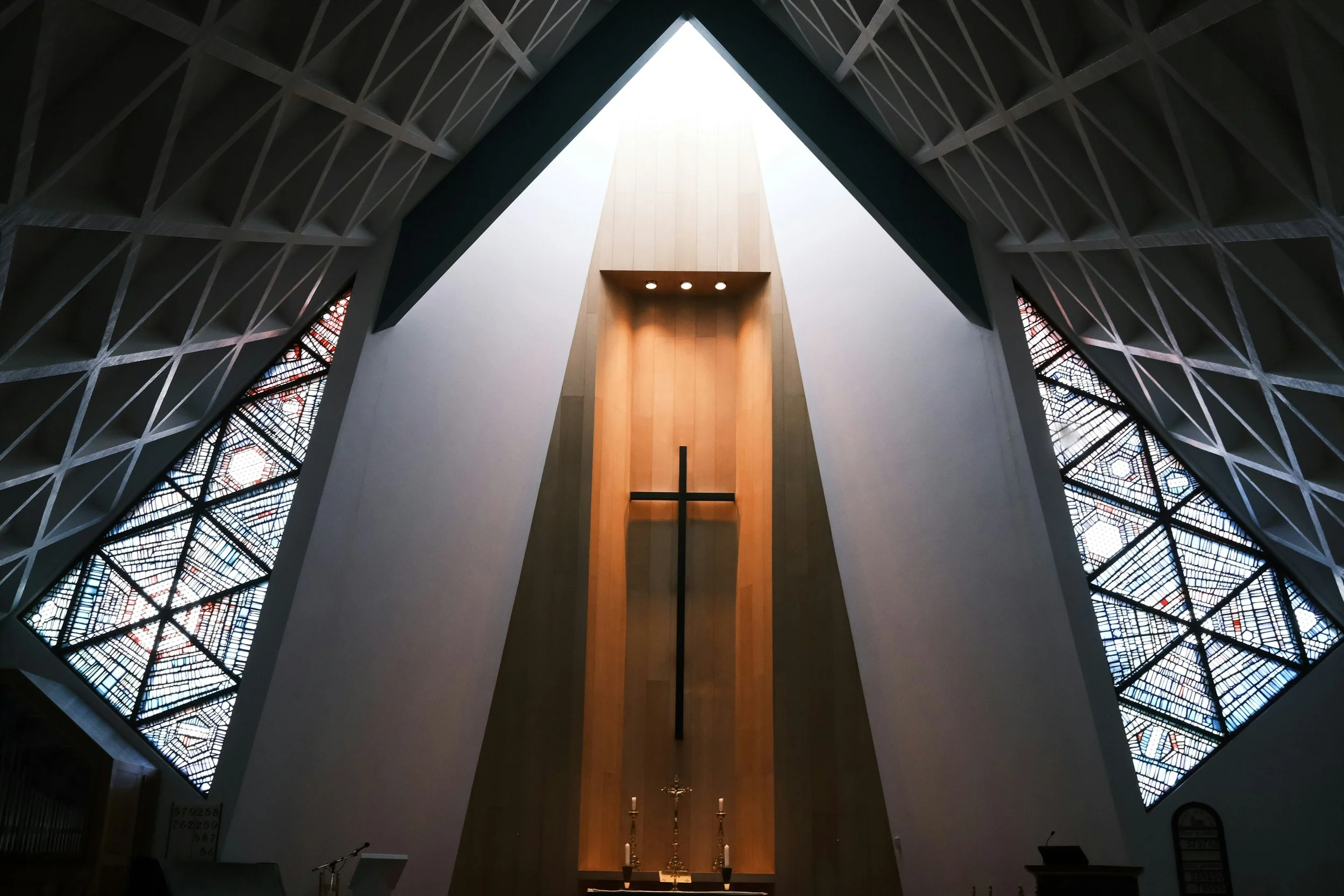Finding Your First Church Home: Real Estate Options for New Church Plants
One of the most practical early decisions every church planter must make is where to gather. Your meeting space affects more than your Sunday setup—it impacts your visibility, financial health, ministry flexibility, and long-term momentum.
Here’s a breakdown of the three primary options—short-term leases, full-time leases, and purchasing property—along with key legal considerations to keep in mind.
1. Leasing for Specific Times (Schools, Community Centers, Theaters)
Many new churches start by renting space from a school, community center, or theater. These facilities are typically available for a few hours on Sundays and sometimes midweek.
Pros
Lower startup and overhead costs
Flexible agreements without long-term commitments
Often located in central or high-traffic areas
Cons
Requires weekly setup and teardown
Limited access for midweek events or offices
No long-term asset or property equity
This is a great launchpad for early-stage churches who need affordability and visibility without long-term obligations.
2. Leasing a 24/7 Facility
A 24/7 lease provides your church with dedicated access to a space—offices, kids’ rooms, sanctuary space—whenever you need it.
Pros
Allows for weekday ministries, small groups, and admin functions
Creates a consistent location and stronger brand identity
Can be customized or built out to suit your needs
Cons
Higher lease payments, utilities, and maintenance
Long-term contracts may limit flexibility
Some landlords impose restrictions on use or alterations
This option is ideal for churches ready to grow into a full weekly rhythm with ongoing discipleship, outreach, and midweek gatherings.
3. Purchasing a Building
Buying property offers the greatest control and long-term value but also comes with the greatest financial commitment.
Pros
Full ownership and control of the space
Builds equity and long-term financial strength
Establishes a sense of permanence and credibility in the community
Cons
High upfront costs for purchase and renovations
Ongoing maintenance and repair responsibilities
May limit future flexibility if growth outpaces space
While rarely the first move, purchasing can be a powerful next step as your church matures and expands.
What to Look for in a Lease Agreement
No matter which path you take, understanding your lease is essential. Churches have unique needs, so every lease should be reviewed with those in mind. Focus on these areas:
Rental amount, frequency, and any annual increases
Length of term and renewal options
Termination clauses and exit strategies
Zoning compliance and restrictions on religious use
Responsibility for maintenance and repairs
Whether the lease is Triple Net (NNN)—meaning you pay property taxes, insurance, and maintenance in addition to rent
Even if you're just leasing for Sunday mornings, don’t sign anything without reviewing the fine print.
Final Thoughts: Real Estate Is a Spiritual Decision, Too
Choosing a space isn’t just strategic—it’s spiritual. Where you meet shapes how you minister, grow, and serve your community. It sets the tone for everything from outreach to discipleship.
The good news? You don’t have to navigate it alone.

